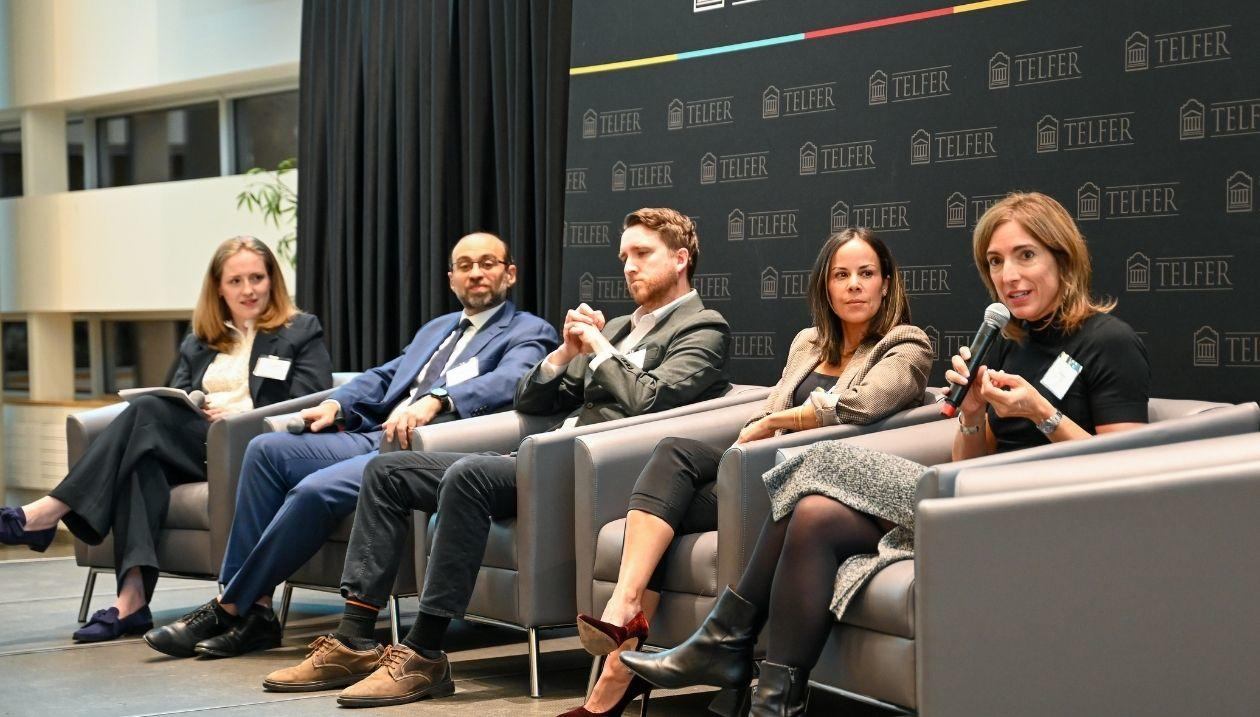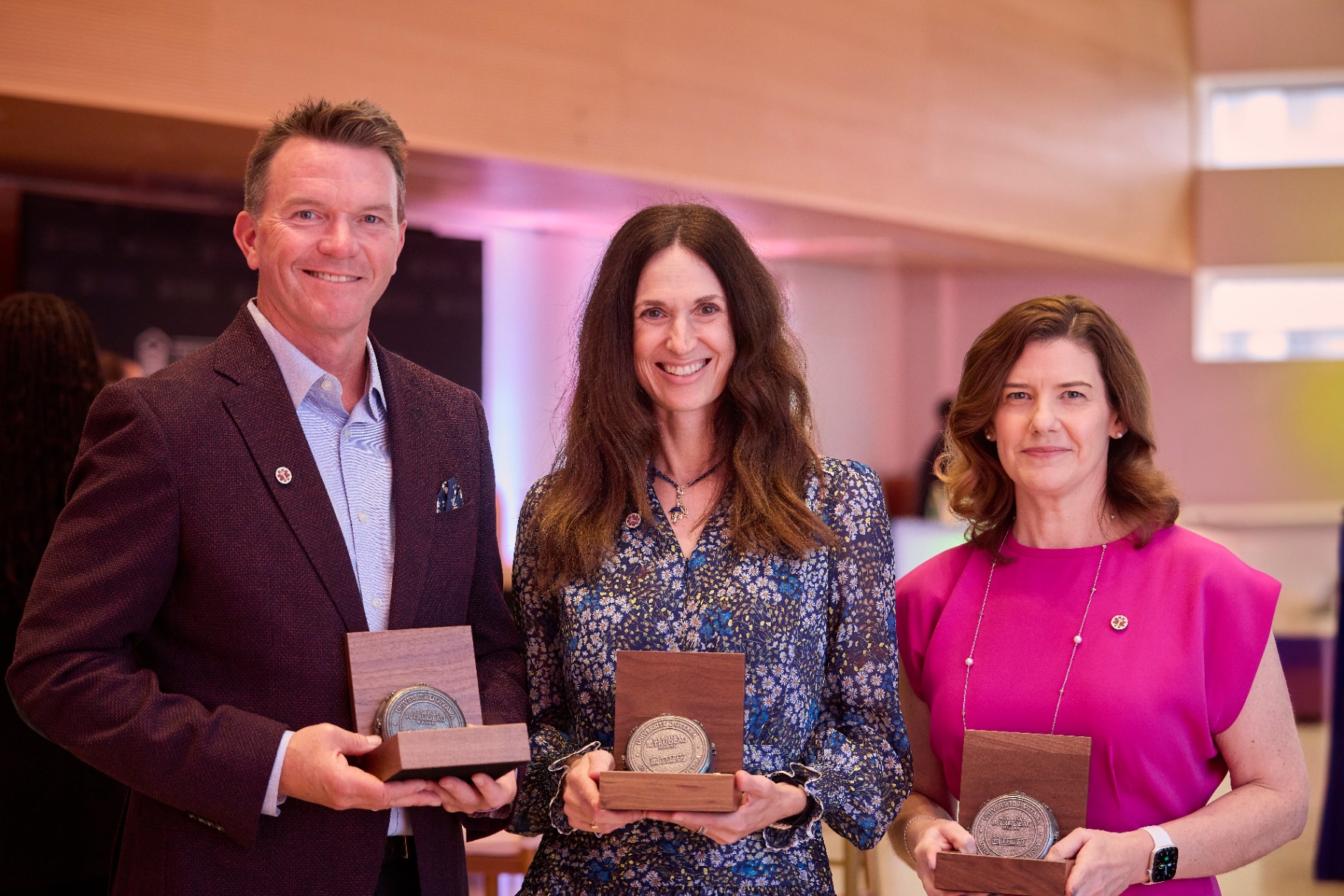The recent federal budget noted that innovation doesn’t only drive economic growth, it “can deliver a better quality of life: better health care; smarter, more connected cities; and cleaner, more sustainable energy, among many other examples”.
And that description is also a good definition of what socially-responsible small businesses do for Canada, according Professor Martine Spence of the Telfer School of Management.
“Small and medium enterprises (SMEs) are moving the needle on sustainability, and the speed with which they adopt sustainable management practices has a lot to do with the will of entrepreneurs,” she observes. “SMEs have room to be innovative and nimble because it isn’t the shareholders calling the shots, it’s true entrepreneurs, proactive and risk-taking individuals, who can change course and adopt sustainable practices more easily than a large firm can.”
In her research, Professor Spence has taken a particular interest in how SMEs come to embrace a sustainable development approach. This includes examining the SME operators’ motivations, behaviours, and preferences with respect to public policies on small business. Her research usually takes her back, in one way or another, to the individual outlook of SME leaders – and the greater flexibility that SMEs appear to offer, when compared with large enterprises.
This is one reason why it was encouraging to see targeted programs for SMEs in the recent federal budget, especially the plan to provide up to $50 million to launch a new procurement program, Innovative Solutions Canada, modelled on the U.S. Small Business Innovation Research program.
Professor Spence contends that to build healthy economic growth and a more sustainable society, SMEs are exactly the right companies to focus on. “These firms are the backbone of the economy and they don’t hesitate to introduce green practices, whether that means favouring active transportation (walking and cycling), looking for ways to reduce their carbon footprint, or investing in less energy-intensive technologies.”
Much of this agility comes from having open-minded leaders, Spence suggests. “Peel back the entrepreneurial identity of one of these leaders, and you often find a citizen who is open to questions about sustainability, who makes a strong connection between sustainable practices and quality of life in their local community, who is in a good position to move their business down a path of social and environmental responsibility.







